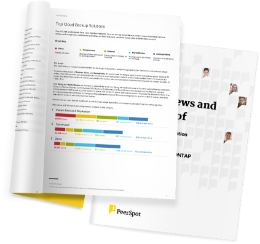Their support is really good. I can ask anything at any time, and they are able to resolve issues like reinstating deleted Linodes. They include features like retaining deleted Linodes for 30 days. They offer volumes and object storage, which I can add quickly, and they are high speed. I can easily expand space for database work. Although I used to create images, I found them outdated and prefer installing new images.





